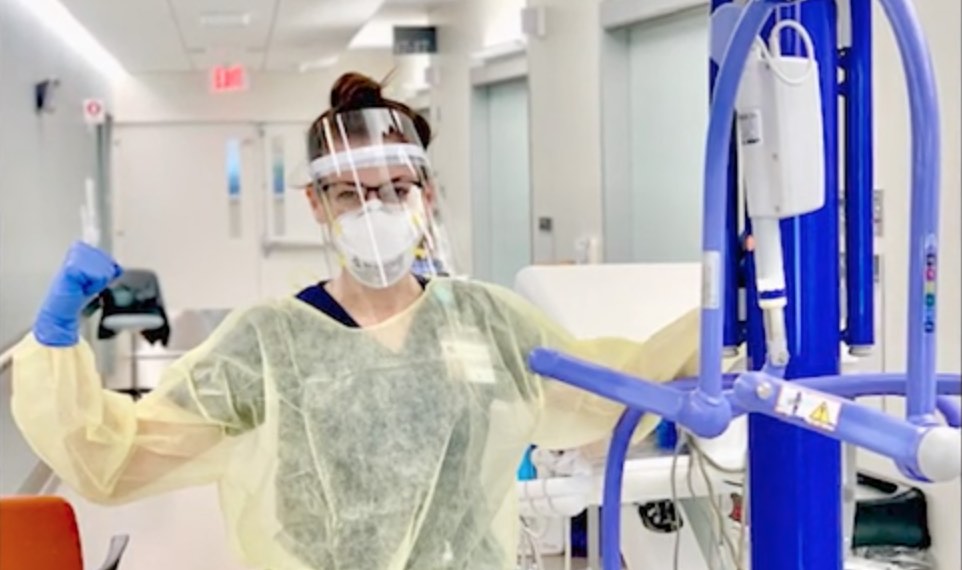NEW YORK (Reuters Health) – In kidney transplant recipients, bringing hemoglobin levels above 125 g/L with erythropoietin may increase mortality, according to a report in the November 6th Online First issue of BMJ.
Research in patients with chronic kidney disease has suggested that the risk of death and other adverse outcomes increases with target hemoglobin levels of roughly 130 g/L or higher, Dr. Rainer Oberbauer, from the Medical University of Vienna, Austria, and colleagues note.
To learn whether this finding applies to patients who have received kidney transplants, the researchers analyzed Austrian Dialysis and Transplant Registry data on 1794 patients who survived at least 3 months after receiving a renal transplant between 1992 and 2004. The prevalence of erythropoietin use increased by 25% during that time, the report indicates.
During a median follow-up period of 5.6 years, 345 patients died, including 59 who died in the first 90 days after transplantation. The mortality rates per 100 person-years for erythropoietin users and nonusers were 5.4 and 2.6, respectively.
In erythropoietin users, hemoglobin levels above and below the reference point of 125 g/L were associated with increased mortality. For example, levels of 140 and 110 g/L were associated with 2.8- and 4.7-fold increased risks of death, respectively.
At middle and low hemoglobin levels, erythropoietin users had a comparable risk of death as non-users. At levels of 147 g/L or higher, however, erythropoietin use was tied to a significantly increased risk of death (HR 3.0 or higher).
In non-erythropoietin users, by contrast, only low hemoglobin levels were linked to mortality. For instance, relative to a level of 125 g/L, a level of 95 g/L was tied a 3.5-fold increased risk of death.
“Because of the study design we cannot confirm a causal relation, but, in analogy to interventional studies in patients with advanced chronic kidney disease, we consider that renal transplant recipients with a hemoglobin concentration over 125 g/L should not be given erythropoietins,” the authors conclude.
Reference:
BMJ 2009.









